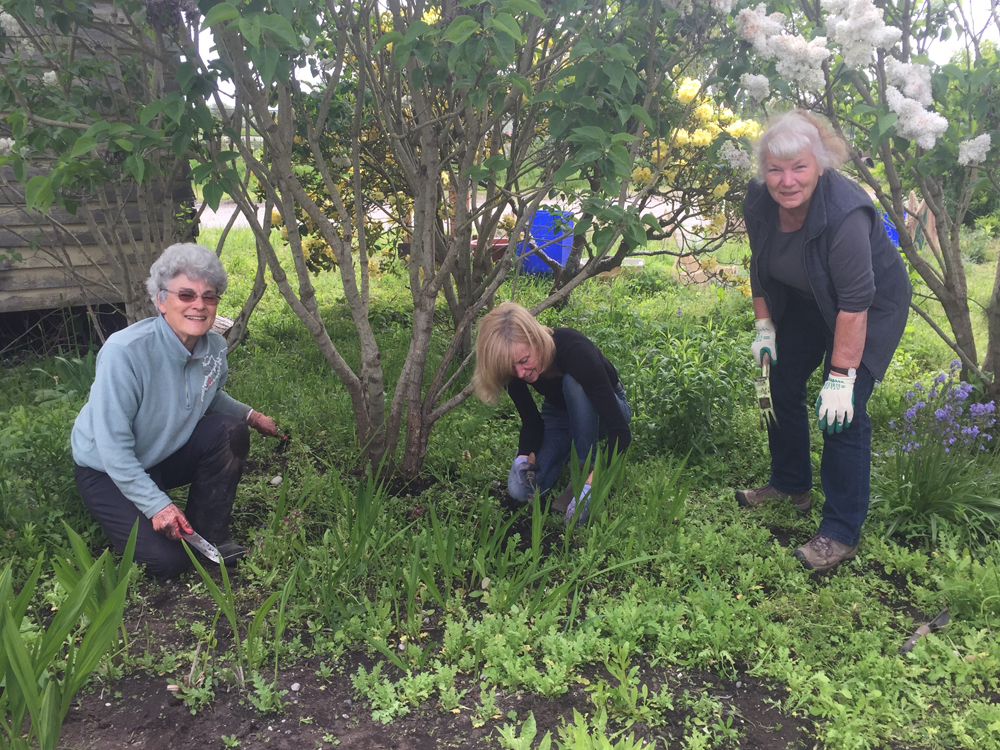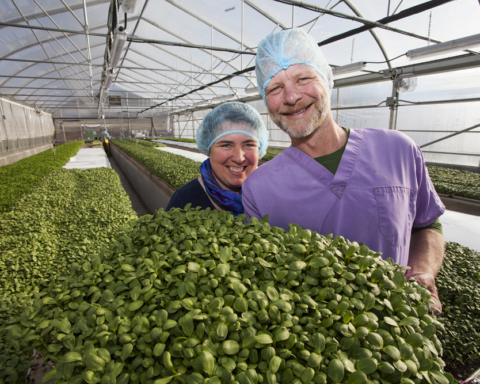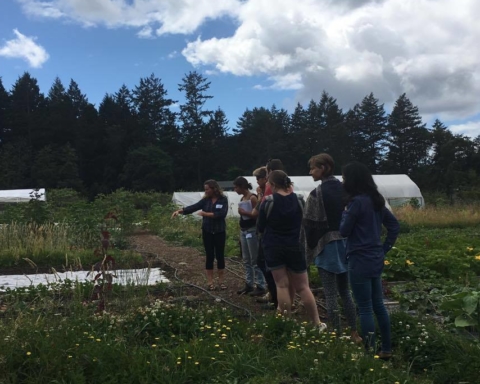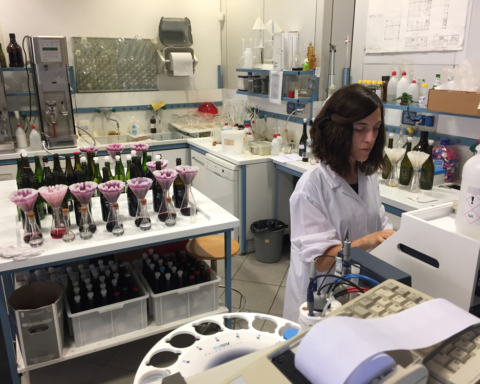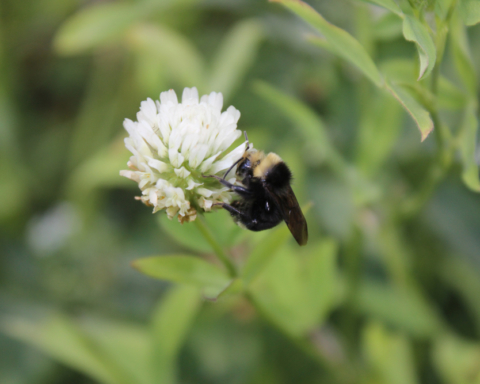Cait Murphy
It’s early on a Friday morning and Matthew and his mother Ali have just spent 30 minutes driving to Tsawwassen.
They drive this way every week for an opportunity that Ali has described as life-changing.
The opportunity? Farmwork.
Taller than any of the staff he works with, it would be easy to assume that Matthew was older than 13 if you didn’t see him running from place to place or kneeling down excitedly after spotting a friendly earthworm. An avid reader and budding scientist, he first visited the Earthwise Garden & Farm after hearing about the barn owls onsite.
Soon after he started volunteering on the farm with Organic Grower & Educator Isabelle Rodé, Matthew realized he was getting a lot out of farming. “When I started volunteering at Earthwise I was only working three hours on a Friday. Over time I have started doing over six hours every Friday,” he says. “It has really improved my confidence, my teamwork skills, and my knowledge of farming.”
Earthwise Society is a charity based in Delta and Agassiz with a mission to cultivate sustainable communities. Utilizing a public educational garden and organic urban and rural farms, the Society undertakes food security, education, and therapeutic horticulture programs for surrounding communities.
One of the most important aspects of the farm for him, Matthew confides, is that the work is repetitive and allows volunteers to enter a state of meditation. “If you don’t make noise, you can always hear non-manmade things like the birds. It isn’t silent but you would describe it as a type of silence.”
Humans have evolved to depend on nature for every aspect of our survival. Despite this, for many our busy lives do not include time to appreciate and reconnect with the world around us. Therapeutic horticulture is being used by Earthwise Society and many others to mend this gap. Therapeutic horticulture is a field that uses interaction with plants to increase an individual’s well-being, and connects us to this elemental part of our lives, histories, and futures.
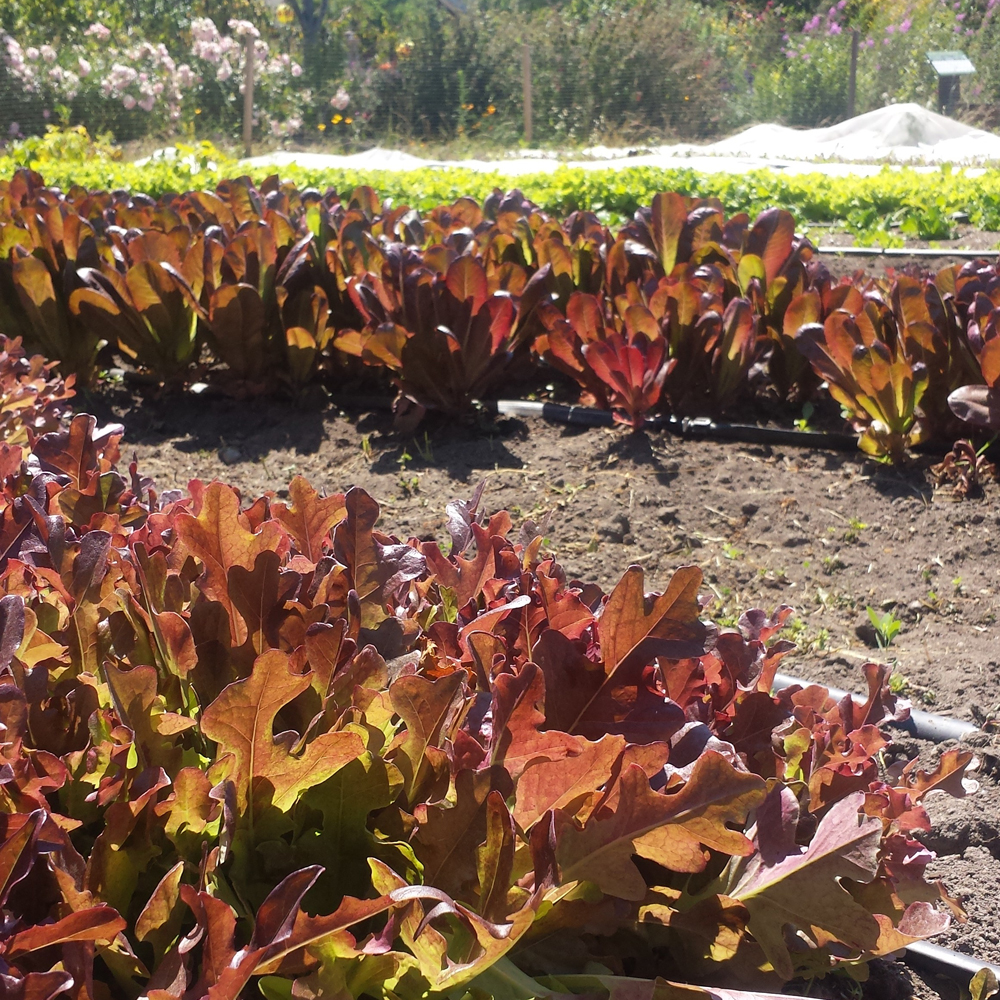
Earthwise Society incorporates therapeutic horticulture into all of its volunteer programs, and has designed targeted programs specifically for seniors, with the belief that everyone can take a little something away from interaction with nature. The interaction can be as simple as sitting outside and observing the garden, or it can be more active, such as weeding, planting, and harvesting.
This is where farming comes in. Farms that provide a therapeutic horticulture element have been shown to have positive impacts for workers, both mentally and socially. Participants with depression who found that drugs didn’t work for them reported in one study that farmwork lessened the severity of their depression.(1) In other studies, farmwork was linked to reduced feelings of anxiety and an increased ability and tendency to interact socially.(2) There have been studies linking reduced severity of schizophrenia,(1) improved cognitive functioning in individuals with dementia,(2) and increased attention capacity (3) to farming as well.
Fascination with the natural world is one of the elements that researchers believe can make working on farms so positive.(3) Sue, a volunteer with Earthwise Society for 9 years, certainly feels this fascination. “I’m so curious and I like to learn something new every day,” the retired teacher says. “If you stay still for 60 seconds [at Earthwise] you notice it all—swallows, bees, rabbits, hummingbirds, herons.”
While Matthew seems old for his age, Sue’s mischievous eyes and ready laugh give hint to her inner youthfulness. She volunteers in the Earthwise Garden, which is a haven for the host of bees, hoverflies, wasps, and hummingbirds that pollinate the Earthwise organic farming areas. The Garden has a diversity of perennial plants, bushes, and trees that also provide habitat for birds that prey on farm insect foes and allow the farming areas to flourish.
Two years ago, Sue became a Therapeutic Horticulture Mentor at Earthwise. There are a number of reasons that she thinks working socially with plants in the garden can ease a person’s mind. “The act of weeding with someone, where you’re not looking at the person’s eyes, and have no need for expressions—you get to just unload,” she explains. She says that having these moments away from regular day-to-day commitments is an important break for volunteers.
Both Matthew and Sue—student and teacher—have received benefits from their hands-on plant work. They’ve seen the benefits of therapeutic horticulture for others at Earthwise, as well, with Sue observing that volunteers have a “sense of satisfaction from seeing the work they’ve done, especially the teamwork.”
There are many ways that organic agriculture protects health. It is more likely to shield our environment from being overused, to guard against chemicals that could unbalance it, and to protect our own physical health.
Therapeutic horticulture, with its aim to increase well-being through interaction with plants, easily embraces the goals of organic growing. Using therapeutic horticulture, organic growing areas can benefit the community by supporting individual growth, improving mental health, promoting happiness—and encouraging us all to hear the many sounds in nature’s silence.
Cait Murphy is the Communications Coordinator at Earthwise Society. A settler in Coast Salish territory, she has a large organic garden and is thrilled to cook up this year’s broad beans in her new favourite recipe, baghali polo.
Photo Credit: Earthwise Society
References
(1) Sorana, C.. Iancu, A. W., Hoogendoorn, M.B., et al. (2015). Farm-based interventions for people with mental disorders: a systematic review of literature. Disability and Rehabilitation, Vol. 37, Iss. 5.
(2) Elsey, H., Bragg, R., Elings, M., et al. (2014). Understanding the impacts of care farms on health and well-being of disadvantaged populations: a protocol of the Evaluating Community Orders (ECO) pilot study. BMJ, Open 2014;4:e006536. doi:10.1136/bmjopen-2014-006536
(3) Pedersen, I., Patil, G., Berget, B., Ihlebæk, C., Gonzalez, M. T., (2016). Mental health rehabilitation in a care farm context: A descriptive review of Norwegian intervention studies. IOS Press, http://content.iospress.com/download/work/wor2213?id=work%2Fwor2213


